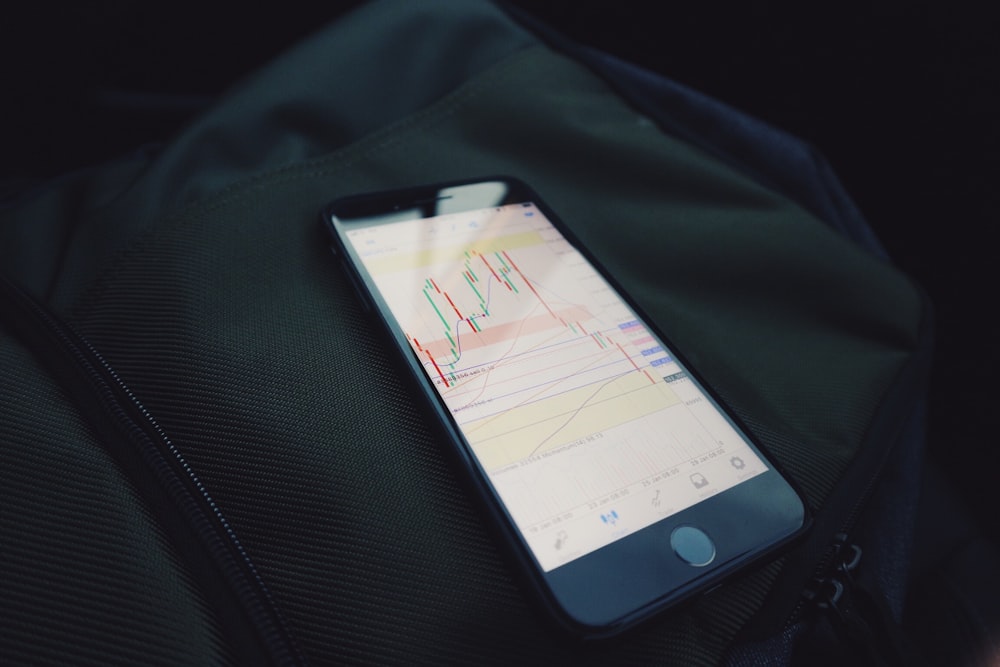3 Beer Stocks For Dividends
Image Source: Unsplash
The stock market has become markedly volatile this year, mostly due to fears that the aggressive interest rate hikes of the Fed may cause a recession. Beer stocks are fairly resilient to recessions thanks to the somewhat robust demand for alcoholic drinks and hence they are attractive candidates for the portfolio of investors who seek protection from a potential recession. In this article, we will discuss the prospects of three major beer stocks, namely Ambev SA (ABEV), Anheuser-Busch InBev SA/NV (BUD), and Heineken (HEINY).
Ambev SA
Ambev is the largest brewer in Latin America, with a presence in 16 countries. It is engaged in producing and distributing alcoholic and non-alcoholic beverages and has a virtual monopoly in several countries, with 68% market share in Brazil, 81% in Argentina, 96% in Bolivia, and 90% in Paraguay, and 95% in Uruguay. Ambev is 61.8% owned by Anheuser-Busch InBev, 10.2% owned by FAHZ and the remainder is traded on the Brazilian and NYSE exchanges.
The primary competitive advantage of Ambev is its leading position in its markets and the strength of its brands in Latin America, where the company enjoys a virtual monopoly. The company has an impressive production network, which consists of more than 30 breweries ranging from the north to the south of Brazil. Ambev operates verticalized breweries and thus it keeps production and distribution costs low. In addition, the company has a license to sell Stella Artois, Corona, and Budweiser in its markets.
The core business of Ambev has exhibited strong performance over the last decade but its earnings per share have declined in most years due to the devaluation of the currencies of most Latin American countries relative to the dollar. This is a significant risk factor to consider before purchasing this stock.
On the other hand, Ambev has promising growth prospects ahead thanks to its continuing expansion in Central America and the Caribbean. In addition, the middle class has been steadily growing in these countries and thus the consumption of drinks per capita is on the rise.
Ambev has a policy of distributing at least 40% of its adjusted earnings in dividends. As the stock is currently offering a 2.9% dividend yield, which is much higher than the 1.4% yield of the S&P 500, it may attract income-oriented investors. Nevertheless, it is important to keep the currency risk in mind. This is especially true during rough economic periods, in which weak currencies usually lose value compared to the dollar.
Anheuser-Busch InBev SA/NV
Anheuser-Busch InBev SA/NV is the largest brewer in the world thanks to the merger of InBev and Anheuser-Busch in 2008 and the acquisition of SABMiller in 2016. The company produces, markets, and sells more than 500 different beer brands around the world and owns five of the top ten beer brands and 18 brands with annual sales in excess of $1 billion. These brands include Budweiser, Stella Artois, and Corona.
AB InBev has exhibited a volatile performance record, primarily due to the acquisitions and divestments it has performed. Just like Ambev, it enjoys great economies of scale thanks to its immense distribution network, but it also has significant exposure to weak currencies.
AB InBev was severely hurt by the coronavirus crisis in 2020 due to the shutdown of restaurants and bars but it has begun to recover, though it still has room to run until it reaches its pre-pandemic earnings. It is also important to note that the company temporarily suspended its dividend during the pandemic.
Moreover, the stock is currently offering a lackluster dividend yield of 1.0%. Due to the high debt load that has resulted from past acquisitions, AB InBev has set a goal to reduce its leverage ratio (Net Debt to EBITDA) from 4.0 to 2.0. As a result, income-oriented investors should not expect material dividend growth for the foreseeable future.
Heineken
Heineken was founded in 1864 in Holland. It is one of the largest beer producers in Europe while it also sells cider, soft drinks, and water. The company has a market capitalization of $56 billion and generates approximately $25 billion in annual revenues.
Just like the above two beer companies, Heineken has exhibited a volatile performance record throughout the last decade. It was also severely hurt by the pandemic in 2020, in which it incurred losses for the first time in a decade.
However, Heineken has exhibited a superior growth record compared to Ambev and AB InBev. Heineken has taken full advantage of the global economic recovery from the pandemic and thus it has emerged stronger from this crisis, with nearly 10-year high earnings per share of $6.57 in 2021. In the year, the company grew its beer volume, its revenue, and its net profit by 4.6%, 12%, and 80%, respectively. Apart from strong business performance, the steep increase in the bottom line also reflects the great economies of scale that the company enjoys.
Moreover, Heineken has ample room for future growth. The company tries to increase its volumes but also tries to enhance its revenues and earnings via the premiumization of its products. As premium brands, such as Heineken Silver and Amstel Ultra, are gaining popularity at a fast pace, they are likely to contribute to growing significantly in the upcoming years. Furthermore, Heineken aims to reduce its operating costs by €2 billion per year, and thus it is likely to enhance its profit margins.
Final Thoughts
The above three beer stocks enjoy some major competitive advantages, which result primarily from their dominant position in their markets and the immense economies of scale they enjoy thanks to their vast networks. Among these stocks, Heineken seems to have the most consistent performance record, mostly thanks to its lower exposure to weak currencies.
Disclosure: The author does not own any of the stocks mentioned in the article.




